Property prices in Dundee have increased by 24.7% since the start of the pandemic – but one expert feels he has the stats to show there won’t be a market crash like 2008.
The huge jumps in prices are unlikely to continue, says David Alexander.
Mr Alexander, chief executive of DJ Alexander Scotland, the largest estate agency in Scotland, says the rising costs of borrowing money and the cost of living crisis means there are signs prices might start to fall.
Nevertheless, he considers an adjustment in prices similar to the financial crash of 2008 unlikely.
Will there be a Dundee property crash?
The firm’s analysis found that although house prices have been increasing rapidly since the start of the pandemic in March 2020, they are still lower than the increases experienced before the 2008 crash.
In Dundee the average price for a property in the city has gone from £123,029 in March 2020 to £153,451, an increase of 24.7% over 28 months.
However, in the same time period leading up to May 2008, the city’s prices had risen by 31.8%.
The average sale went from £88,441 in February 2006 to £116,565 in May 2008.
Mr Alexander said prices might stabilise, or even fall slightly, but not crash.
He said: “There is little doubt that house prices are about to stabilise and perhaps drop slightly in response to higher interest rates, soaring utility bills, and the wider cost of living crisis.
“However, there are a number of major differences between the housing market now and in 2008 when prices fell substantially.
“Our analysis of the figures indicates that house prices have not risen as substantially as they did in the run up to 2008.
“So they are unlikely to experience as large a fall if the market slowed or went into reverse.
“Unemployment is at an historic low level so even with mortgage increases and higher living costs there is more room for people to survive a downturn in prices as long as they have a job.”
Economic conditions could suddenly change, says property boss
Mr Alexander said that across Scotland demand has remained high due to a shortage of properties on the market.
He also thinks that some external factors – such as the war in Ukraine – “may end more abruptly than expected”.
“The resultant easing of gas and oil supplies, the freeing of food production, and the return to more normal markets would change the overall picture substantially and it could occur in a relatively short period of time,” he said.
“Equally the employment market remains robust and is resulting higher wages so people will feel more positive about any mortgage increases in the future.
“While I expect prices in the property market to ease and perhaps slide in the short to medium term, I don’t think this will be a serious correction.”
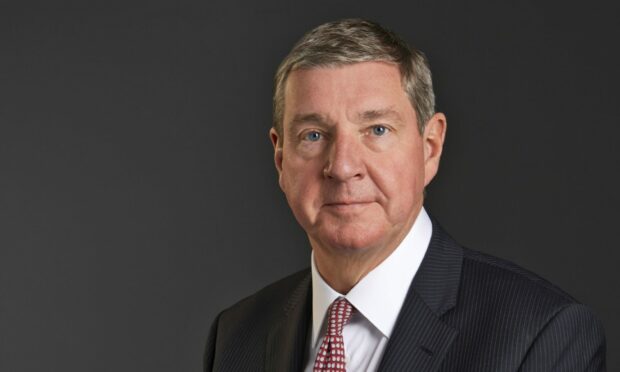
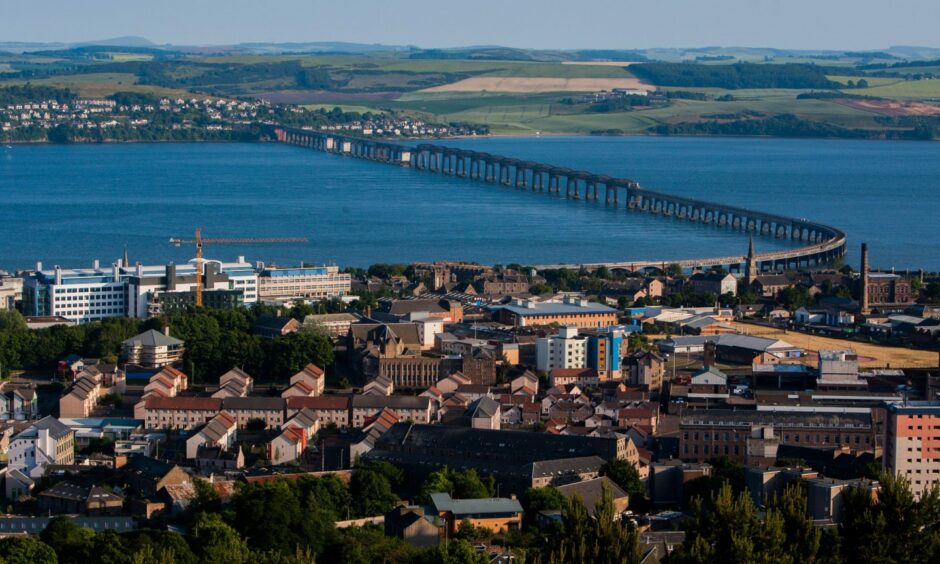
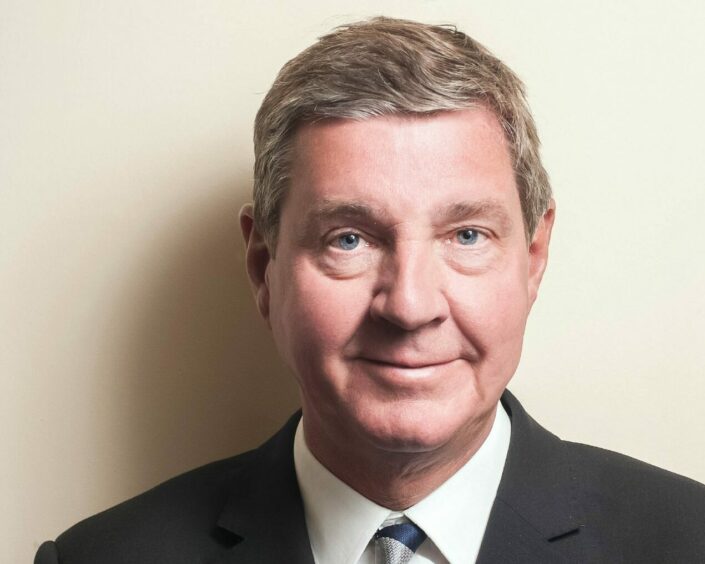
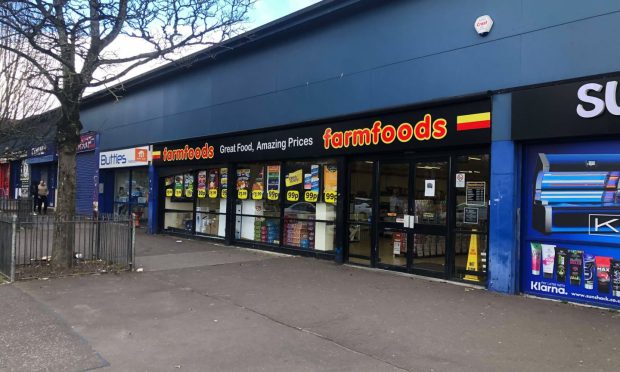
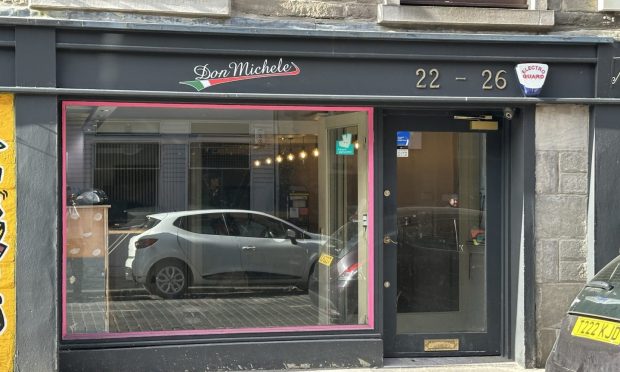
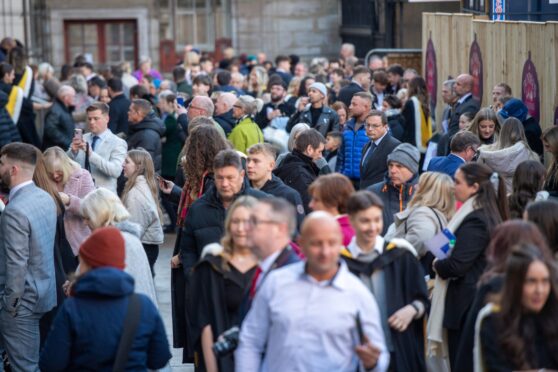
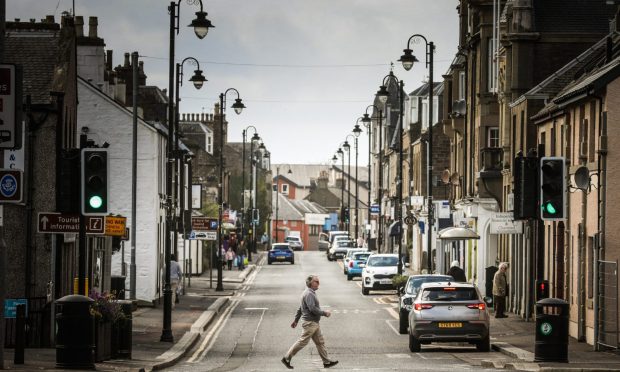

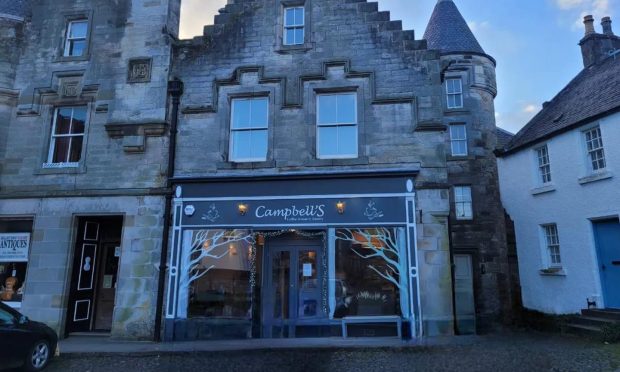
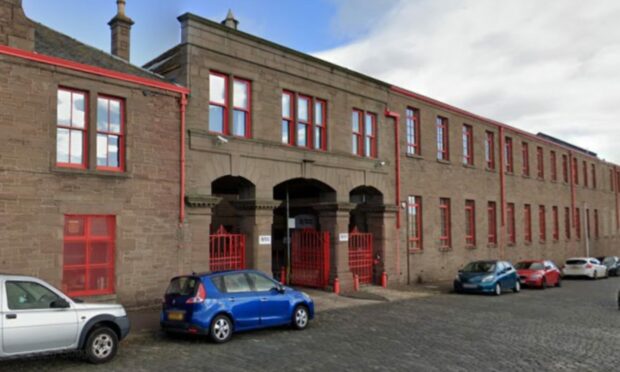
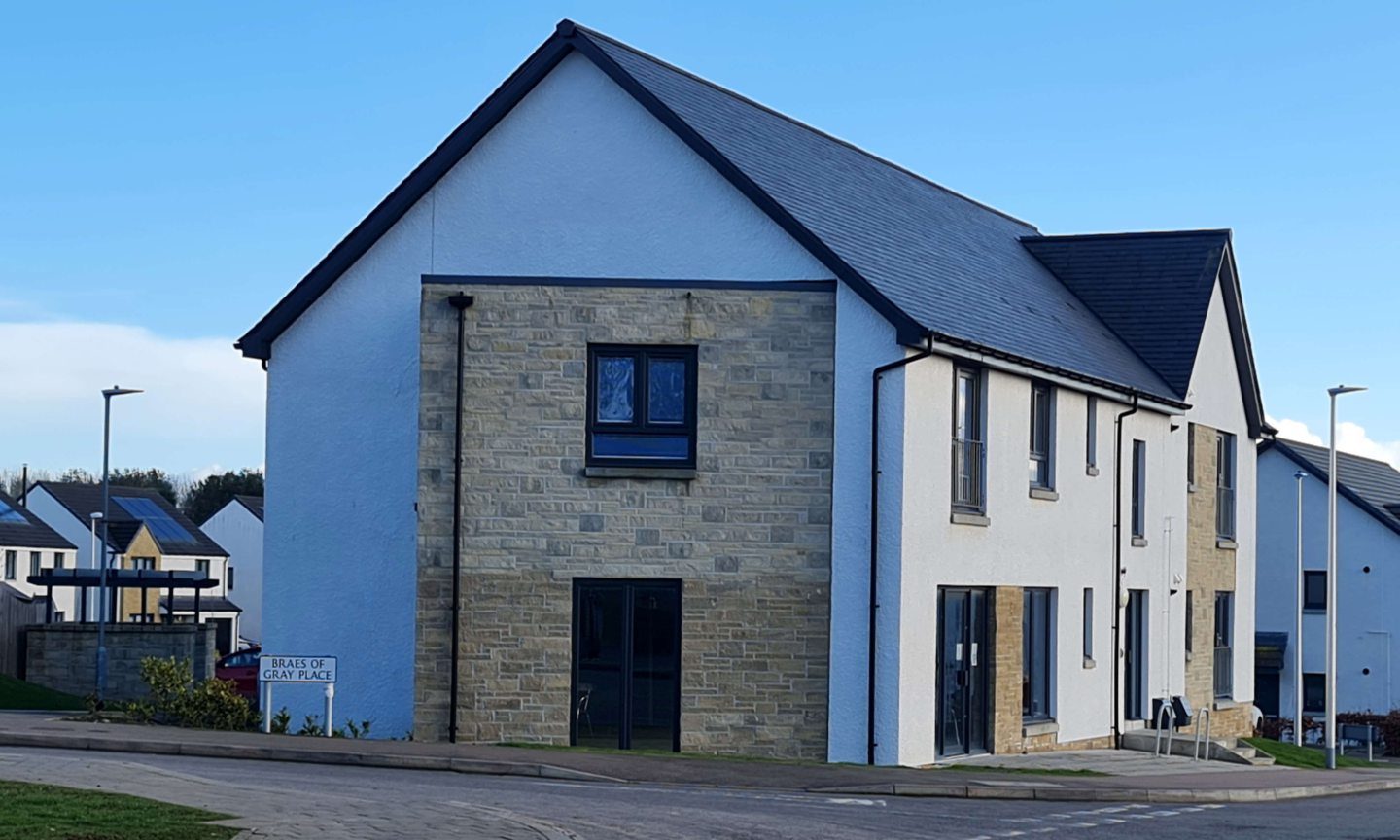

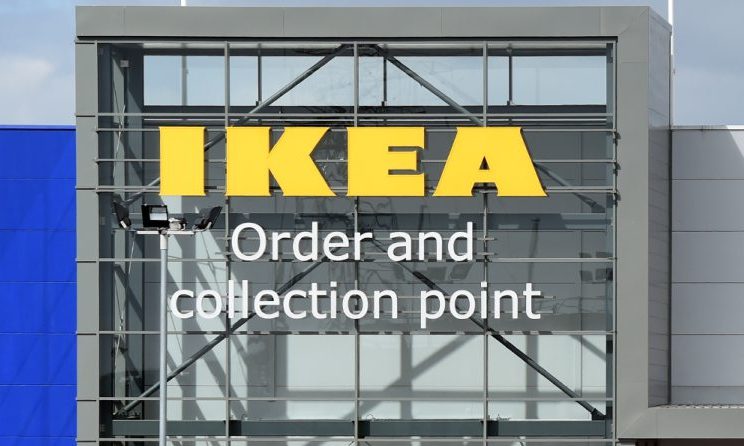
Conversation